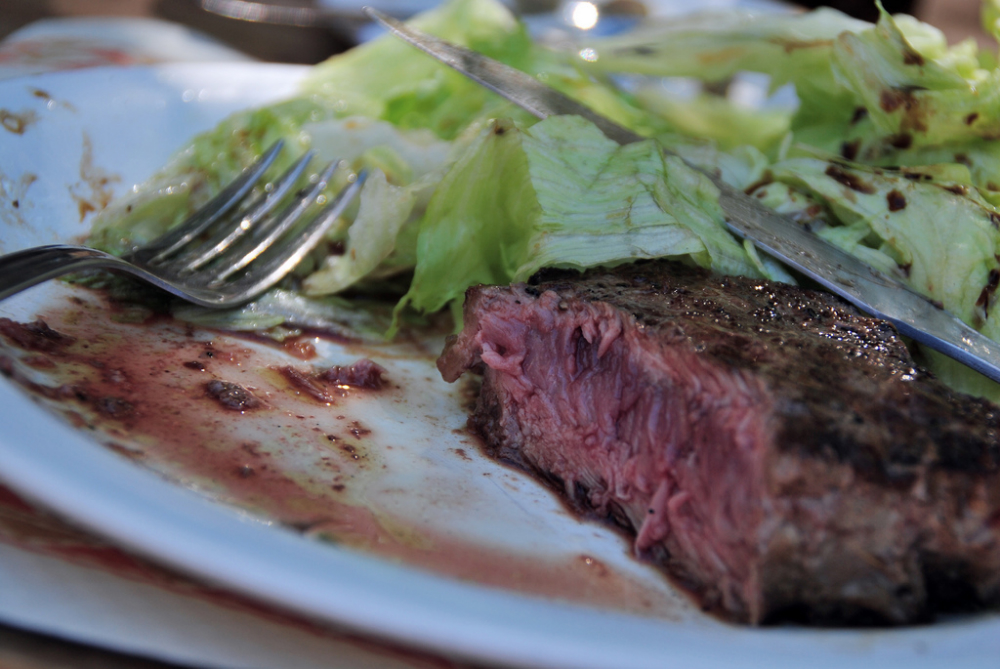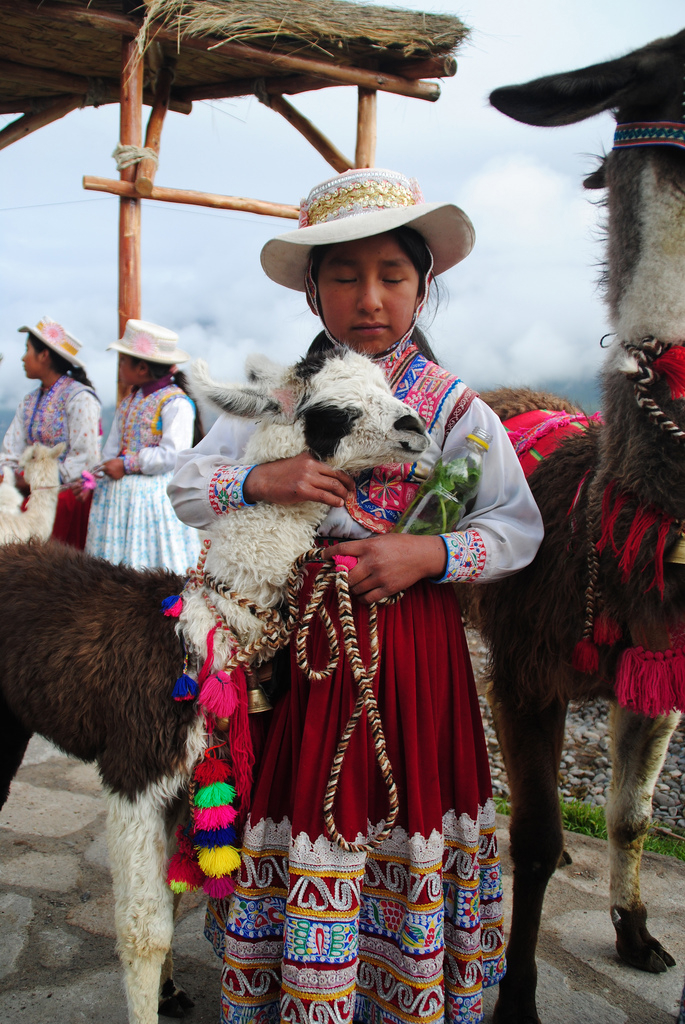Something you might not know about me is that I took two of my first trips to Europe as a vegan. I didn’t make significant preparations, such as procuring vegetarian accommodation in advance of my trips, which made begin vegan in Europe, home of delicious meats, decadent cheeses and mouthwatering egg creations, an even more difficult undertaking than it might otherwise have been.
If you’re vegan or vegetarian – or hell, have any special dietary restrictions or preferences – this guide will provide you with important tips and tricks as to how you can make the most delicious time of your next trip.

Finding restaurants that are vegan or vegan-friendly can be difficult enough in your home town, let alone cities and countries overseas, particularly if the place you’re visiting has a regional diet that is heavy on meat.
Before my 2007 trip to Europe, my first international travel as a vegan, I completed relatively extensive research on how to find vegan restaurants and food in cities like Florence, Brussels and Vienna. One source I found indispensable was Happy Cow, a website which provided me, among other things, with the name and location of a vegan pizzeria in Rome.
These days, with the advent of smartphones, apps like TripAdvisor, Yelp! and Urbanspoon can help you quickly and easily located vegetarian and vegan-friendly restaurants abroad, complete with reviews from actual travelers like you. Alternatively, you can always grocery shop while overseas, and cook food in your hostel or guest house – that way you’ll know you’re eating vegan!
The Challenge of Avoiding Non-Vegan Ingredients

If you are lucky enough to find a restaurant that claims to be vegan or vegan-friendly, you might still only be halfway there, depending on how strict a vegan you are. That’s because while many “vegan” restaurants avoid using conspicuous animal products – meat, eggs and dairy – they might be using less obvious ones.
When I was vegan, for example, I made a point to stay away from animal by-products, such as casein, whey and honey, which seemed to be in nearly everything. Some of my vegan friends even suggested that white table sugar was bleached using cow bones, which made it off-limits too.
Avoiding all these ingredients was difficult enough back at home in Texas, as it required me to ask poor waiters and waitresses dozens upon dozens of questions, and made me feel like an ass. Can you imagine how difficult it would be to do in a country where people don’t speak good English?
Animal Welfare Abroad

A big part of the reason I was vegan, the aversion I felt toward animal products after seeing PETA propaganda notwithstanding, is because I hated how society’s addiction to meat, dairy and eggs subjugated the world’s animals to lives of slavery. If you’re a vegan for ethical reasons as well as dietary ones, another issue you might face is the moral dilemma of whether or not to travel to countries with poor public policy when it comes to animal rights.
Traveling to Vietnam, for example, where it’s not uncommon to kill and eat animals we consider house pets, might be difficult for you. A less extreme – but, perhaps, more important – example is Spain, whose annual “Running of the Bulls” is pretty unarguably barbaric.
Veganism and Local Culture

It’s difficult to say with complete certainty that being vegan doesn’t cause you to miss out on certain aspects of local culture. If I’d been vegan during my recent trip to Québec’s Gaspé peninsula, for example, I wouldn’t have gotten to enjoy the succulent lobster for which the region is famous.
On the other hand, being vegan has the potential to expose you to aspects of culture non-vegans might miss, or at least fail to appreciate. For example, while some people who travel to India find the quantity of cows walk around in public to be obnoxious, seeing them roam free will bring a big smile to any vegan’s face.

Robert Schrader is a travel writer and photographer who’s been roaming the world independently since 2005, writing for publications such as “CNNGo” and “Shanghaiist” along the way. His blog, Leave Your Daily Hell, provides a mix of travel advice, destination guides and personal essays covering the more esoteric aspects of life as a traveler.








